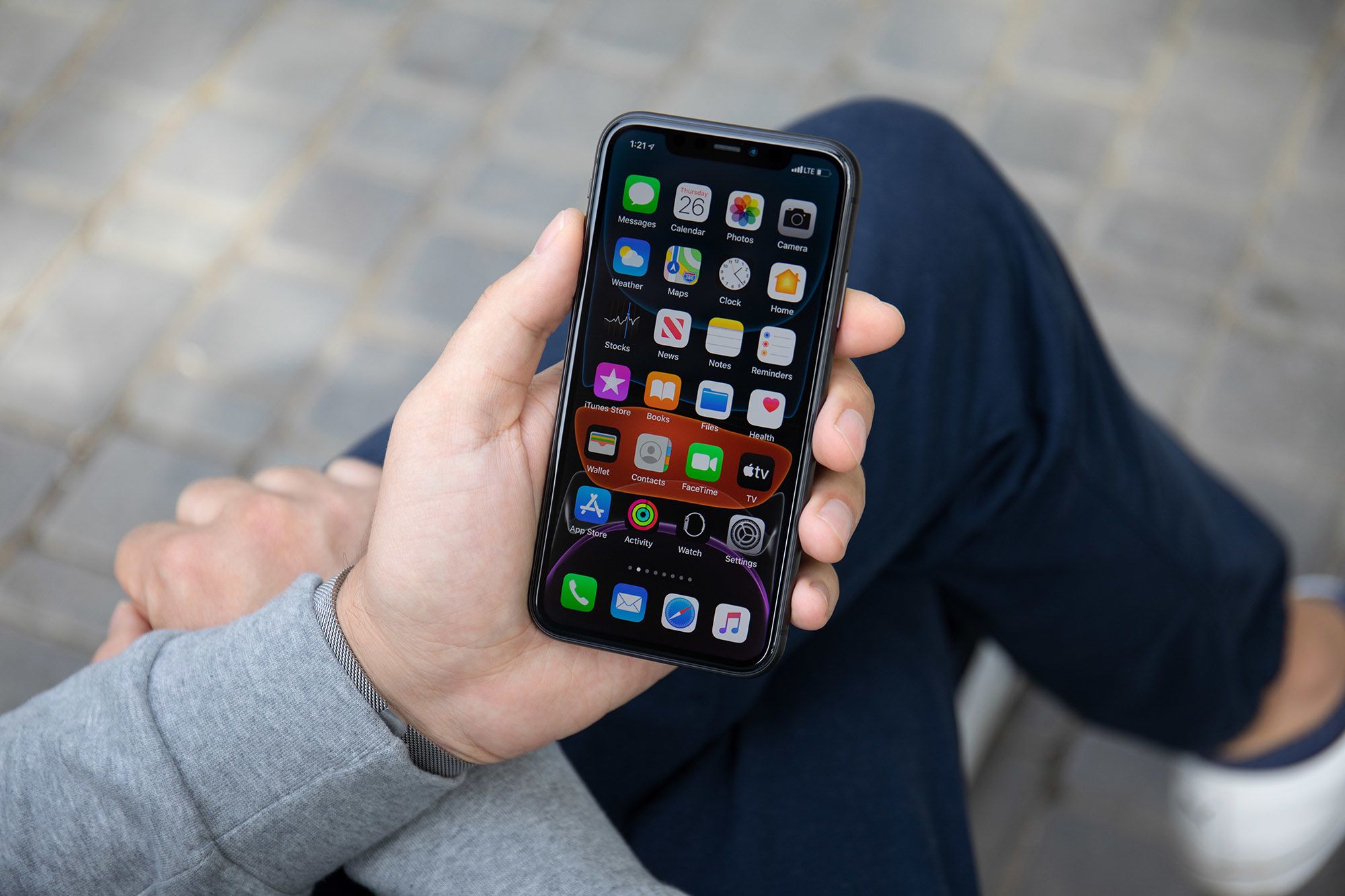

The prevalence of mobile apps in our lives is undeniable, but there's growing concern about how they might intrude on our privacy. What are your thoughts on this issue?
The concern about mobile apps intruding on our privacy is indeed a valid and significant issue in today's digital age. While mobile apps have become an integral part of our lives, providing convenience, entertainment, and connectivity, they often collect and utilize vast amounts of personal data without users' explicit consent or awareness. This raises questions about the extent of privacy invasion and the potential misuse of our personal information.
One of the primary concerns is the collection of sensitive personal data by mobile apps. Many apps request access to various permissions, such as location, contacts, camera, and microphone, which can potentially lead to the tracking and monitoring of users. For instance, a study conducted by the International Computer Science Institute found that numerous popular Android apps collect location data even when users explicitly deny permission. This data can be used for targeted advertising, profiling, or even sold to third-party entities without users' knowledge.
Moreover, the lack of transparency and clarity in privacy policies and terms of service agreements exacerbates the issue. These agreements are often lengthy, complex, and written in legal jargon, making it challenging for users to understand the extent of data collection and potential sharing. A study conducted by the Norwegian Consumer Council revealed that popular apps, including dating apps, share personal data with numerous third-party companies, often without users' informed consent.
The Cambridge Analytica scandal involving Facebook highlighted the potential consequences of data misuse by mobile apps. The app "This Is Your Digital Life" collected personal data from millions of users and shared it with Cambridge Analytica, which exploited the data for political advertising purposes. This incident shed light on the need for stricter regulations and user control over data sharing practices.
To address these concerns, governments and regulatory bodies are implementing measures to safeguard user privacy. The European Union's General Data Protection Regulation (GDPR) is a notable example, providing individuals with more control over their personal data and imposing stricter regulations on data collection and consent. However, enforcement and compliance remain ongoing challenges.
As users, we can take steps to protect our privacy while using mobile apps. Firstly, it is crucial to review app permissions and only grant access to necessary functions. Additionally, being cautious while downloading apps from unknown sources and regularly reviewing and revoking permissions can help mitigate privacy risks. Lastly, supporting organizations and initiatives that advocate for user privacy can contribute to the broader movement for better privacy protection.
In conclusion, the prevalence of mobile apps in our lives undoubtedly brings convenience and connectivity, but it also raises concerns about privacy intrusion. The collection and misuse of personal data by apps without explicit consent or awareness is a significant issue. Stricter regulations, transparent privacy policies, and user awareness are essential to address these concerns and ensure the protection of our privacy in the digital era.
Related Posts
© 2025 Invastor. All Rights Reserved

User Comments
Edward Morales
a year ago
This issue raises an interesting point about how much of our privacy we're willing to trade for convenience. Striking that balance is essential.
Jesse Cook
a year ago
It's not just on individuals though – regulators and app stores should also play a role in ensuring that apps are transparent about their data practices.
Rick Stewart
a year ago
Privacy settings also play a crucial role. Many apps allow users to customize permissions. We should take advantage of these settings to limit data access to only what's absolutely necessary.
Brix Reyes
a year ago
I think education is key here. Users need to be more vigilant about reading privacy policies, understanding permissions, and being aware of how their data is being used.
Imelda Dew
a year ago
It's a tricky balance because apps have become an integral part of modern life. They provide convenience and solve problems, but at the same time, they have the potential to compromise our privacy.
Tracy Jones
a year ago
And then there's the issue of data sharing. Even if the app itself seems harmless, the data it collects might be shared with third parties for targeted advertising or other purposes.
Trixie Parker
a year ago
Absolutely! While some apps genuinely require access to certain features for functionality, others might be overstepping their boundaries and collecting more data than necessary.
Chris Collins
a year ago
It's a valid concern, @Deana. Many mobile apps request access to personal data like location, contacts, and even camera and microphone. It's crucial to understand how this data is being used and whether our privacy is at risk.